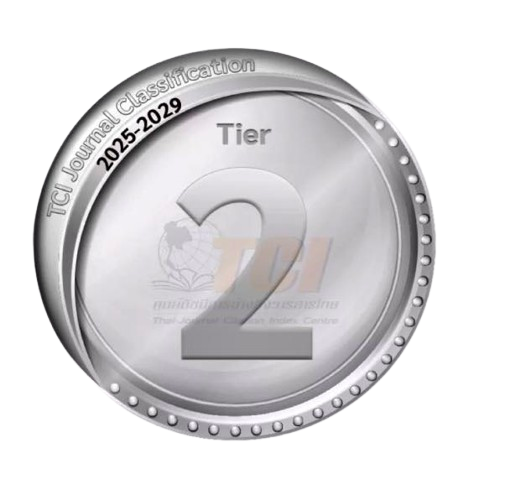The effectiveness of bowel program for constipation prevention in spine patients - ประสิทธิผลของ Bowel Program เพื่อป้องกันภาวะท้องผูกในผู้ป่วยโรคกระดูกสันหลัง
บทคัดย่อ
Background: Constipation is a major problem in spine patients because they have to lie on the bed and restrict activity all the time. As a result, they had constipation and did not defecate three consecutive days or more. A previous study reported that bowel program with abdominal massaging, fluid intake ≥2,000cc per day and fiber foods, can reduce these problems.
Objective: To compare constipation, abdominal bloating and enema between patients with and without bowel program.
Study design: Interrupted time design in Songar patward at Phrae hospital. Study patients divided into two period. 25 reference group received routine care in the first period (March-May 2015).In the second period (June-October 2015), 43 intervention group received bowel program by abdominal massage1 hour after dinner in 4 posture, 10-15 minutes a day. Both groups were advised to drink ≥2,000cc of water and eat ≥ 1/2 kilogram of fiber per day. Record disturbing symptoms, defecation and how to help defecation every morning and evening daily until 1 week. Data were analyzed by using exact probability test, t-test and present the results of activities with the risk reduction and 95% confidence intervals.
Results: Bowel program reduced constipation or straining 99.8% (95%CI= 97.1-100, p<0.001), abdominal bloating or nausea 98.6% (95%CI=89.4-99.8, p<0.001), and also reduced enema or the use of laxative 99.9% (95% CI = 99.4-100, p<0.001).
Conclusions: In spine patients should be used the effective bowel program continuously in all cases. Because the study found that it helped to reduce constipation, abdominal bloating, and enema.
Keywords: spine disease, bowel program, constipation, abdominal bloating, nausea, enema, straining, laxative





